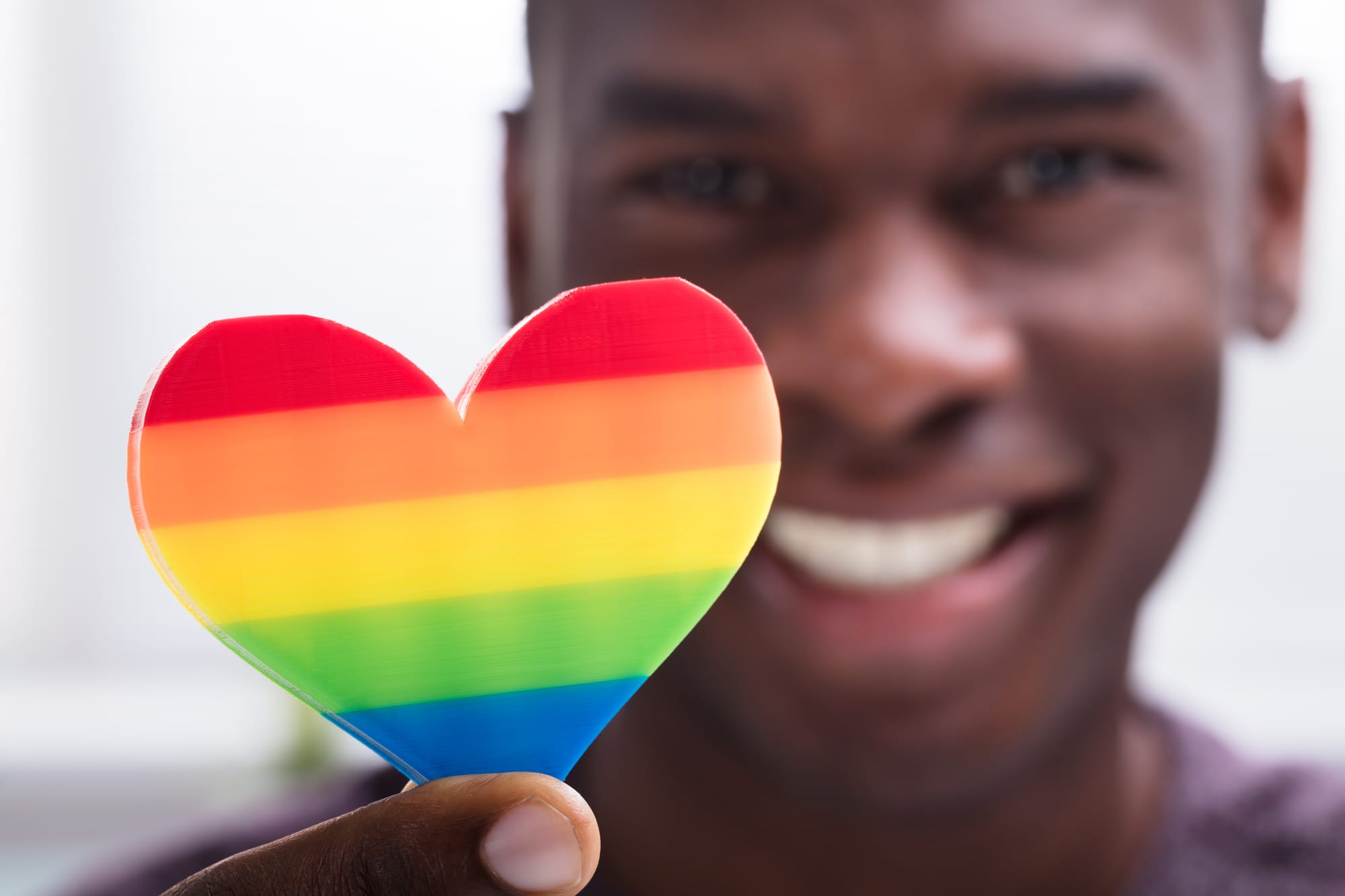World Bank changes mind on homophobia in Uganda
Ban against lending now lifted.

In 2023, the World Bank imposed a ban on loans to Uganda in response to draconian anti-gay laws passed by the country.
But there's now been a policy change and the ban has been lifted - even though there has been no change to the homophobic laws in Uganda and the resulting state-sanctioned persecution of LGBTQ people.
"The World Bank cannot deliver on its mission to end poverty and boost shared prosperity on a liveable planet unless all people can participate in, and benefit from, the projects we finance..." a World Bank spokesman told media outlets, adding that the organisation was implementing anti-discrimination measures although it's not clear what those measures are.
Projects in Uganda that will be financed by the World Bank include road upgrades and electricity infrastructure.
On face-value, it appears that the World Bank is prioritising lending money over the human rights of LGBTQ people.
What's life like for LGBTQ people in Uganda?
What's life like for LGBTQ people in Uganda? Let's take a look at some of the key equality indicators.
Is homosexuality legal in Uganda?
No.
The criminalisation of same-sex sexual activity is a hang-over from British colonial rule, however – following independence – that criminalisation was enshrined in Uganda’s penal code in 1950.
The maximum penalty for same-sex sexual activity is life imprisonment.
Are there any protections against discrimination for LGBTQ people in Uganda?
No.
Is there Marriage Equality in Uganda?
No. There is no legal recognition of same-sex relationships.
A 2005 amendment to the constitution strengthened the position against recognition of same-sex couples by explicitly prohibiting same-sex marriage.
What's life like for LGBTQ people in Uganda?
Uganda is a dangerous place for LGBTQ people.
Homophobic vigilantes set up fake profiles on hook-up apps, enticing gay men to reveal their identity, and luring them into meet-ups with an intent of intimidation and violence.
State-sponsored systemic homophobia means that queer people are unable to seek help from the police and are often blackmailed and violently persecuted.
What’s the history of homosexuality in Uganda?
Prior to colonial-era invasion and control, same-sex relationships were reported amongst the Bahima people, the Banyoro people, and the Baganda people.
King Mwanga II, the Baganda monarch, was widely reported to have engaged in sexual relations with his male subjects.
